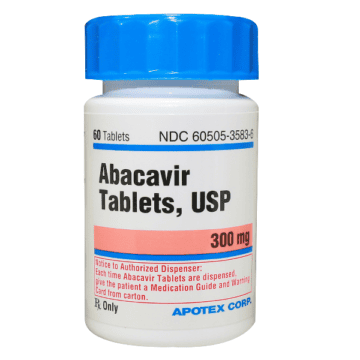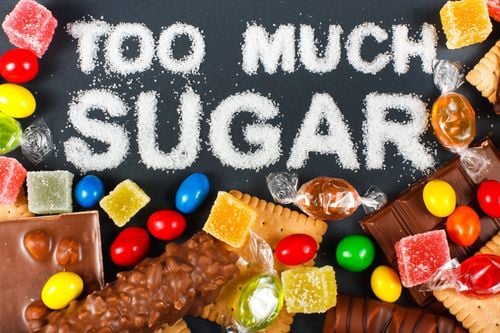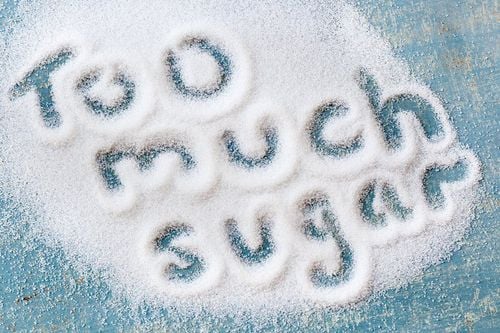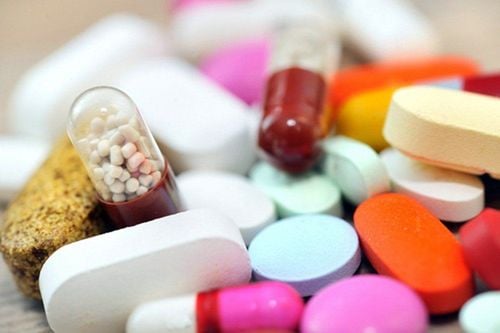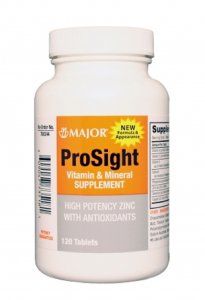This is an automatically translated article.
Honey has been dubbed a superfood and is often a healthier alternative to those packets of white sugar. But some experts will tell you that when it comes to honey, it's not the "healthiest" sugar substitute. So between honey and sugar: which is better? This article will explain the benefits of honey and white sugar, helping you figure out which is better in your diet.Honey and sugar are two of the most commonly used sweeteners. Honey and sugar are both carbohydrates composed mainly of glucose and fructose. They are used as ingredients in many recipes and prepackaged foods. Both honey and sugar add sweetness to meals and snacks. However, they have different flavors, textures, and nutritional profiles. Honey has slightly more vitamins and minerals when compared to white sugar, and when using honey soaked in sugar, this effect becomes even stronger. This article explores the benefits and disadvantages of both honey and sugar for your health and diet.
1. Similarities and differences between honey and sugar
Honey and sugar are both carbohydrates, consisting of two sugars: glucose and fructose.Refined fructose, found in sweeteners, is metabolized by the liver and linked to:
Obesity Fatty liver disease Diabetes Both fructose and glucose are broken down quickly by the body and can cause blood sugar spikes.
The ratio of glucose and fructose in honey and sugar is different:
Sugar is 50 percent fructose and 50 percent glucose Honey contains 40 percent fructose and 30 percent glucose The rest of honey consists of:
Mineral Water Pollen Water, including magnesium and potassium These additional ingredients may be responsible for some of the health benefits of honey.
Sugar has a higher glycemic index (GI) than honey, which means it raises blood sugar faster. This is due to its higher fructose content and no trace minerals.
But honey has slightly more calories than sugar, although it is sweeter, so less may be needed. Both sweeteners can lead to weight gain if used in excess. Each tablespoon of sugar has 46 calories. According to the Department of Agriculture, each tablespoon of honey has 64 calories. Sugar has no essential vitamins and minerals, while honey has some. However, they are only present in very small quantities. For example, you would need to eat 20 cups of honey to get 100% of the daily value for potassium or zinc. That would include about 20,000 calories or enough calories for some people for almost 2 weeks.
Glycemic index of honey and sugar:
The glycemic index, or GI, shows how quickly and how much blood sugar rises after eating foods with carbohydrates. The higher the glycemic index, the faster and higher your blood sugar will rise for a particular carbohydrate.
The glycemic index of sucrose, or sugar, is 65, according to Harvard Medical School. The glycemic index of honey varies because the exact composition of honey varies. One study, published in the journal Diabetes Care, found it to be 61. Since honey's glycemic index can vary from low to high, there's no way to know before you eat it is low. or high, it is not safe to assume that it is low. Instead, it's safer to assume that honey will affect your blood sugar in the same way as white sugar.

Mật ong được cấu tạo chủ yếu từ glucose và fructose
2. Benefits and disadvantages of honey
2.1. Benefits of Honey Honey has been used since ancient times as a sweetener and medicine.It is a viscous liquid secreted by honey bees and ranges in color from straw yellow to dark brown. Bees collect nectar from flowers and mix it with enzymes to make honey before storing it in hive cells to keep the honey fresh.
Honey is associated with a number of benefits as follows:
More nutrients and less processed than sugar
Honey varies in nutritional composition based on the source of the nectar used to make it . Generally, it contains small amounts of local pollen along with other substances, such as:
Amino Acids Antioxidants Enzymes Minerals Vitamins Some studies indicate that dark honey is high in antioxidants than pale honey.
Also, honey is less processed than sugar because it's usually just pasteurized before use. Raw honey is also edible and contains more antioxidants and enzymes than pasteurized varieties.
Cough suppressant
Some studies show that honey is a natural way to soothe coughs in children.
One study found that children with bronchitis who were given dark honey had better symptom relief than those given a placebo. However, the benefit is very small.
More recent research shows that honey is better than no cough at all, although some medications provide more symptom relief.
Allergy relief
Anecdotal reports indicate that locally produced honey can help relieve symptoms of seasonal allergies. However, clinical studies have not consistently demonstrated this.
A study published in 2011, showed that people with birch pollen allergy, who drank birch pollen honey, experienced:
60% reduction in symptoms 70% reduction in days with severe symptoms Twice as many symptom-free days They were also able to take 50% less antihistamines than a control group.
These benefits may be compounded by the antioxidant and anti-inflammatory benefits of honey.
Alternatively, one method of allergy treatment is to desensitize the body to reactions by introducing small amounts of the allergen continuously. Likewise, local honey may contain traces of pollen that causes seasonal allergies.
Topical wound treatment
Honey has shown benefits when applied topically, as it has antibacterial properties:
Wound healing: Research shows that honey offers significant benefits in Natural and safe treatment of chronic wounds, sores and burns. Seborrheic Dermatitis: Raw honey visibly improves seborrheic dermatitis, which is an itchy and flaky scalp. Weekly use of honey also reduced hair loss associated with this condition and prevented recurrence in study participants. Easier to digest
Honey may be easier to digest than sugar.
Due to its composition, regular sugar must be digested before being broken down. When bees add enzymes to honey, the sugar is partially broken down, making it easier to digest.
A wide range of honey products are readily available in the market so that you can afford them

Mật ong có tác dụng làm dịu cơn ho
High calories A tablespoon of honey contains 64 calories, which is 49 calories more than sugar per tablespoon .
Risk of poisoning in infants It is not safe to give honey to infants under 12 months of age. Bacterial spores in honey can cause botulism in babies, a rare but potentially life-threatening illness. The spores that cause infant botulism are harmless in older children and adults. Symptoms of infant botulism include:
Constipation Muscle weakness Difficulty breathing Effects on blood sugar and disease risk Honey has a similar effect to sugar on blood glucose levels. This is especially problematic for people with diabetes and insulin resistance.
Too much honey can also lead to blood sugar problems in healthy people, increasing the risk of:
Weight gain Type 2 diabetes Metabolic cardiovascular disease
3. Advantages and disadvantages of sugar
3.1 Benefits of sugar Sugar comes from sugar cane or sugar beets. Although derived from natural substances, sugar needs a lot of processing before it becomes the final product.There are several different types of sugar including:
Brown Muscovado White Turbinado Raw Powder All of these sugars are composed of glucose and fructose, which bind together to form a sugar called sucrose.
Sugar has no added nutrients. However, brown sugar, which is a blend of white sugar and a byproduct of sugar production, commonly known as molasses, may have some trace minerals.
Key benefits associated with consuming sugar include: Fewer calories than honey
Sugar contains 49 calories per tablespoon, while honey has 64. However, honey is sweeter than sugar so less may be needed to achieve the same sweetness.
Low cost and long shelf life
Cheap sugar, easy to get, long shelf life. It also makes a wide variety of foods more palatable, and as such, it is a tempting staple in the store cabinet.
3.2 Cons and risks of sugar There are a number of disadvantages and risks associated with consuming sugar.
Higher glycemic index than honey
Sugar can raise blood sugar faster than honey. This leads to a rapid spike in energy, followed by a sharp decline characterized by fatigue, headaches, and difficulty concentrating.
Increased risk of heart disease and type 2 diabetes
Weight gain and obesity are associated with high sugar consumption, which increases the risk of disease. Eating too much sugar can increase your risk of heart disease and type 2 diabetes. Sugar is a common ingredient in many processed foods, so you may be eating more than you realize. This can lead to weight gain and obesity.
People with diabetes should monitor their sugar consumption, as it can cause blood sugar spikes.
Other liver problems
Since the liver has to metabolize refined fructose, problems with liver function can occur when a lot of sugar is eaten. These include:
Non-alcoholic fatty liver disease (NAFLD) Cholesterol management Obesity Tooth decay
Tooth decay or tooth decay develops faster and more teeth with a high-sugar diet.
This is true for everyone. Sugar should be avoided to reduce the risk of tooth decay.
Changes in gut bacteria
Diets high in sugar are associated with less healthy and diverse gut bacteria. It can also increase the risk of chronic diseases.
Harder to digest than honey
As said before, sugar doesn't contain the same enzymes as honey, so it's harder to digest.
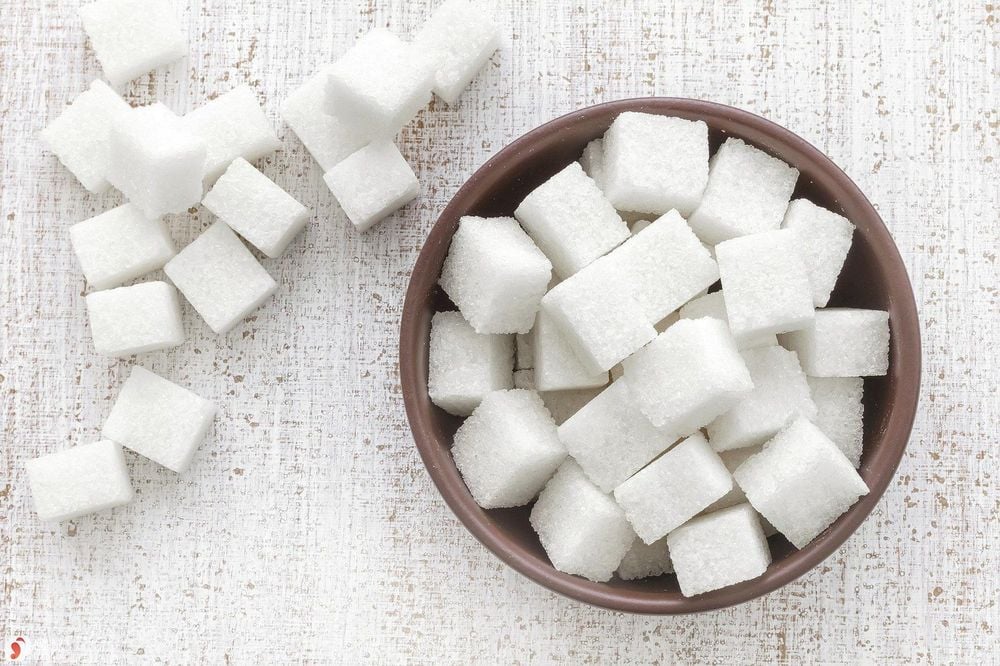
Đường là nguyên nhân chủ yếu gây tăng cân
4. Tips for cutting down on sweeteners
The American Heart Association (AHA) suggests that women consume no more than 100 calories per day from sugar (about 6 teaspoons) and men no more than 150 calories per day (9 teaspoons).It is important to note that these amounts take into account the amount of sugar added to processed and prepackaged foods, as well as all sugars including honey and syrups.
Tips for cutting back on sugar and honey include:
Cut servings in half: Use half a teaspoon of honey or sugar in drinks and cereals instead of a full spoonful. Reduce sugar in baking by a third: This reduces sugar consumption without major impact on flavor or texture. Use sweet extracts or seasonings: Extracts like almond or vanilla can provide a sweet flavor to smoothies or baked goods without increasing the sugar. Ginger, cinnamon, and nutmeg are examples of sweet spices that can add sweetness without the calories. Substitute unsweetened apple sauce or mashed banana: These natural fruit purees can be substituted for sugar in equal amounts in baking and other recipes. Satisfy your sweet tooth with fruit: Fresh berries, bananas, mangoes and other fruits can help satisfy your sweet tooth without having to turn to sugar. Fruit canned in water is also a good choice. Avoid canned fruit in syrup. Alternative sweeteners are not recommended to reduce sugar intake. These are called non-nutritive sweeteners.
Examples include aspartame, saccharin and sucralose. Although the FDA reports that these sweeteners are safe to use, recent research suggests that they may cause:
Increase sugar cravings Disrupt gut bacteria Indirect effects on sensitivity insulin These two widely used sweeteners have very different flavors and textures. You may find that you like the molasses flavor and moisture of brown sugar for baking, but prefer the sweetness of honey on your morning toast. Experimenting with each while tracking how much you use can help you decide which is best for you.
Honey may have a better effect, but both honey and sugar can negatively affect your health when used in excess. If you have diabetes or heart disease, or you're worried about controlling your weight, talk to your doctor and dietitian about your dietary needs. They can advise you to develop the best nutrition plan for you.
Please dial HOTLINE for more information or register for an appointment HERE. Download MyVinmec app to make appointments faster and to manage your bookings easily.
References: medicalnewstoday.com, lark.com, webmd.com, healthline.com



